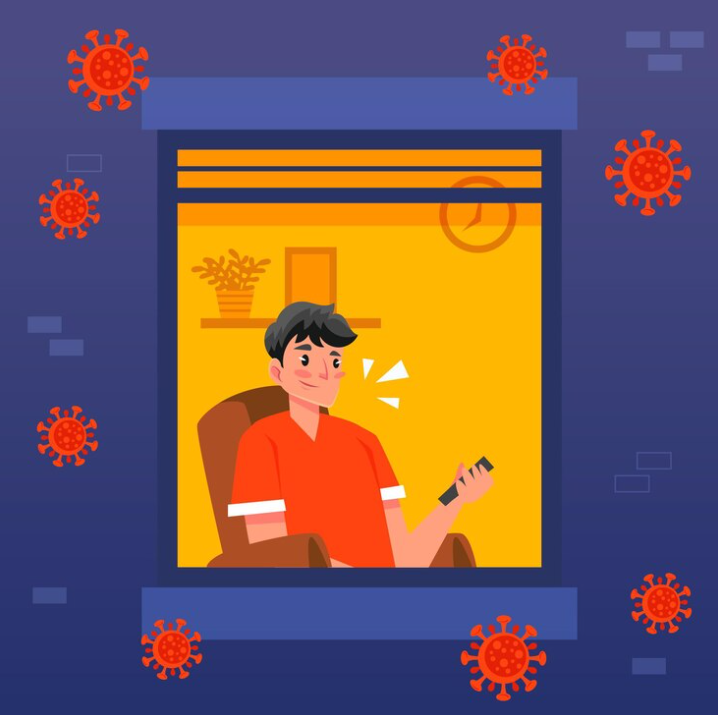
Norovirus: The Sneaky Culprit Behind Foodborne Illness
Introduction: Ever experienced a sudden bout of stomach upset after dining out or attending an event? You might have been hit by norovirus, a common cause of foodborne illness. Let’s uncover what norovirus is and how it can affect your health.
What is Norovirus? Norovirus, often referred to as the “stomach flu” or “winter vomiting bug,” is a highly contagious virus that can cause gastroenteritis, leading to symptoms like vomiting, diarrhea, nausea, and stomach cramps.
It spreads easily from person to person, particularly in crowded or enclosed settings like restaurants, schools, cruise ships, and nursing homes.
Common Symptoms of Norovirus: Norovirus infection typically manifests with symptoms such as:
- Nausea
- Vomiting
- Diarrhea
- Stomach cramps
- Low-grade fever
- Headache
- Body aches
Symptoms usually appear within 12 to 48 hours after exposure to the virus and can last for 1 to 3 days. While norovirus illness is often unpleasant, it is usually not life-threatening and resolves on its own with rest and hydration.
Preventing Norovirus Infection: To protect yourself and others from norovirus, it’s essential to practice good hygiene and food safety measures, including:
- Washing hands thoroughly with soap and water, especially before eating, after using the bathroom, and after caring for someone who is sick.
- Avoiding close contact with individuals who are sick with norovirus symptoms.buy clomiphene online https://greendalept.com/wp-content/uploads/2024/08/jpg/clomiphene.html no prescription pharmacy
- Disinfecting surfaces and objects frequently touched by multiple people, such as doorknobs, light switches, and electronic devices.buy tadalista online https://greendalept.com/wp-content/uploads/2024/08/jpg/tadalista.html no prescription pharmacy
- Washing fruits and vegetables thoroughly before consumption, and avoiding raw or undercooked shellfish, which can be a common source of norovirus contamination.buy abilify online https://johnfishdds.com/wp-content/uploads/2023/04/jpg/abilify.html no prescription pharmacy
- Staying home when sick with norovirus symptoms to prevent spreading the virus to others.
By taking these precautions, you can reduce the risk of norovirus infection and minimize its impact on your health and well-being.
To seek medical advice, always consult a Doctor.
Here are our recommended experts. Click Here
To read more on Food poisoning. Click Here



